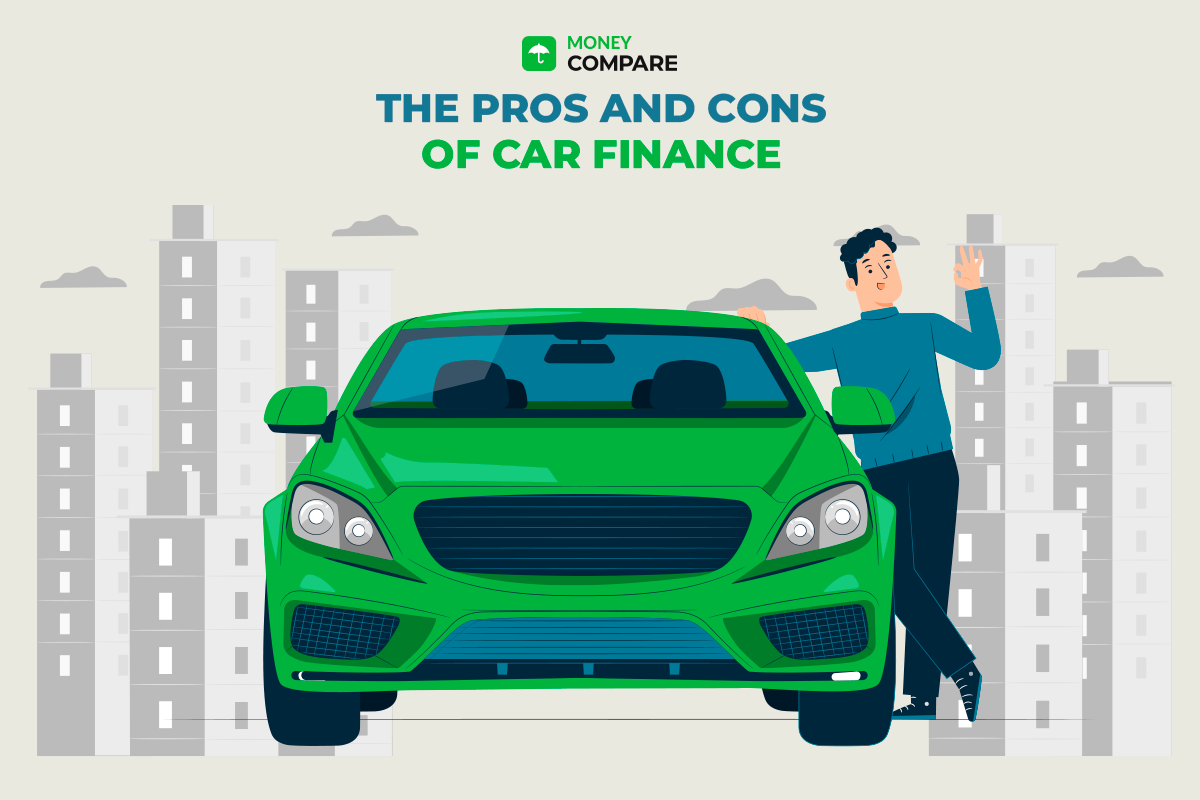Car finance, or a car loan, is different from a personal loan. Car loans are secured loans that use your car as collateral. They are an option for Kiwis who need a car but cannot afford to buy one outright or who do not want to drain their savings all at once.
Types of Car Loans
You can typically get a car loan from two places: from a dealership or from a private lender. With a dealership car financing, you may be able to drive away on the same day, with your finance all set up. But they might not provide you with the best value. Repayments are often not as flexible, and you may not be allowed to complete early repayment. You can also get a car loan from a bank, lender, or car loan company. For these, you will typically get pre-approved so you can know your budget for car shopping. You can also compare different rates and fees and take your time finding the best deal. Lenders do typically apply fees such as upfront loan fees and early repayment fees. Most car finance lenders and dealerships will also require that you take out a comprehensive car insurance policy as part of your loan terms and conditions.
Compare Comprehensive Car Insurance
Pros of Car Finance
Keep Your Savings
A car loan is a great way to get a car for those who don’t have the savings right away, or for those who don’t want to drain or make a hole in your savings. You can get a car sooner too and get moving, without the pinch of losing a chunk of money.
You Can Invest Elsewhere
As soon as that new car of yours drives out of the car lot, its value goes down. Cars are not as good an investment as other assets such as houses and stocks, which tend to increase in value over time. If you keep your savings, and don’t use it all on a car, you can put your money into something else that will give you better financial gain.
Generally Lower Interest Rates
Car loans are secured. This means that the lender or dealer has security over the vehicle you get through the loan. As this is their collateral in case you default, the interest rates will generally be lower than those of other types of loans.
Cons of Car Finance
Interest Costs
As with any loan, a lender will apply interest as the charge for the money that you have borrowed from them. If you buy a car outright, you avoid paying interest. With a car loan, you will essentially be paying more money over time to purchase the car because of the accruing interest than you would if you bought it from your savings. For example, a lot of car loans come with a 10%+ interest rate. On a $20,000 car, over 10 years, you could end up paying a lot more than the original value price.
Default Payment Fees
If you miss a payment, you will generally be charged a default fee. These extra fees can add up over time and squeeze your budget. It is important to make sure you set up repayments that you can meet and afford.
Early Repayment Fees
If you decide to finish paying off the loan early, lenders will typically charge an early repayment fee. This can be an extra cost that inhibits flexibility and control over your repayments and finances.
Ownership Limitations
While you still have a loan, the lender will have security over the vehicle. This means that they can repossess the car if you make too many default payments. Again, make sure you can safely budget in your repayments so they go through each time and you don’t risk losing the car!
Compare Car Loans
If you decide that you want to go ahead with a car loan, it is important to compare car loans before you sign with a lender or dealership. Money Compare makes it easy to compare car loans from various lenders so that you can make the most informed decision, and find the best deal possible for your needs.
Further Reading:





